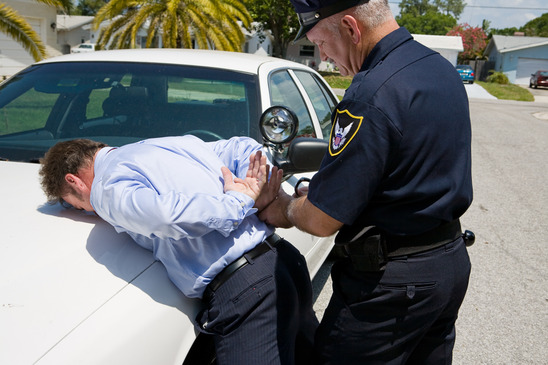This is a question I get asked with relative frequency. In most cases, the answer is no: The fact that someone made a false police report does not mean that those statements will be found to be defamation (libel or slander). The reason is that, in Florida, statements to police enjoy a “qualified privilege” from defamation.
Pursuant to the qualified privilege, a person who makes such statements will generally not be found liable for defamation unless he (2) directly persuaded or commanded police to detain the suspect and (2) intended to injure the Plaintiff’s reputation. The reason why it is so difficult to overcome a qualified-privilege defense is that these elements can be very difficult to prove.
Recent false police report case in Broward: Bethart v. Fallon
Two parties in a Broward County case went to trial for this very issue last year. In that case, Bethart v. Fallon, Carlos F. Bethart sued Stephen J. Fallon for filing a false police report that led police to detain Mr. Bethart.
In determining whether Mr. Fallon was liable, the Court balanced “the right of both parties to enjoy a reputation unimpaired by defamatory attacks, and on the other hand, the necessity, in the public interest, of a free and unhindered communication to assist the authorities in detecting and prosecuting perpetrators of suspected criminal activity.”
The court held a trial and listened to evidence before determining that Mr. Fallon did not directly persuade or command police to detain Mr. Bethart and that his report to police of suspected criminal activity had been made in good faith. The Court also found that Mr. Bethart’s “pattern of conduct” gave Mr. Fallon probable cause to contact police.
the Court concluded: Even if the allegations made in the police report had been false, because the Court found that Mr. Fallon had a good faith basis to make the report, his statements were protected as being qualifiedly privileged. The Court entered a final judgment in favor of Defendant, Mr. Fallon.
So there’s nothing I can do?
That’s usually the next question that someone asks me after I explain the qualified privilege rule. My usual answer: “That’s not what I said.” Just because you may not win in a case for defamation does not mean that there is “nothing you can do.” Other causes of action exist, such as abuse of process or malicious prosecution, that may be relevant in your case. Or not. As always, it depends, and every case is different.
Regardless, before you get involved in any legal action, in any case, it’s good to know consider these 9 things before filing a lawsuit. And also realize that lawsuits are expensive, stressful, and time consuming – probably a lot more than you realize.
If you have a question about your own matter, talk to an attorney. You can call our office at 407-965-5519.
The case citation for the Broward case is Bethart v. Fallon, 20 Fla. L. Weekly Supp. 822b (Fla. 17th Jud. Cir. Ct., Broward County, May 31, 2013). Other relevant cases, cited therein, are Fridovich v. Fridovich, 598 So.2d 65, 67-69 (Fla. 1992); Smits v. Wal-Mart Stores, Inc., 525 N.W.2d 554, at 558 (Minn. App. 1994); and Montejo v. Martin Mem’l Med. Ctr., Inc., 935 So.2d 1266, 1268 (Fla. 4th DCA 2006).



